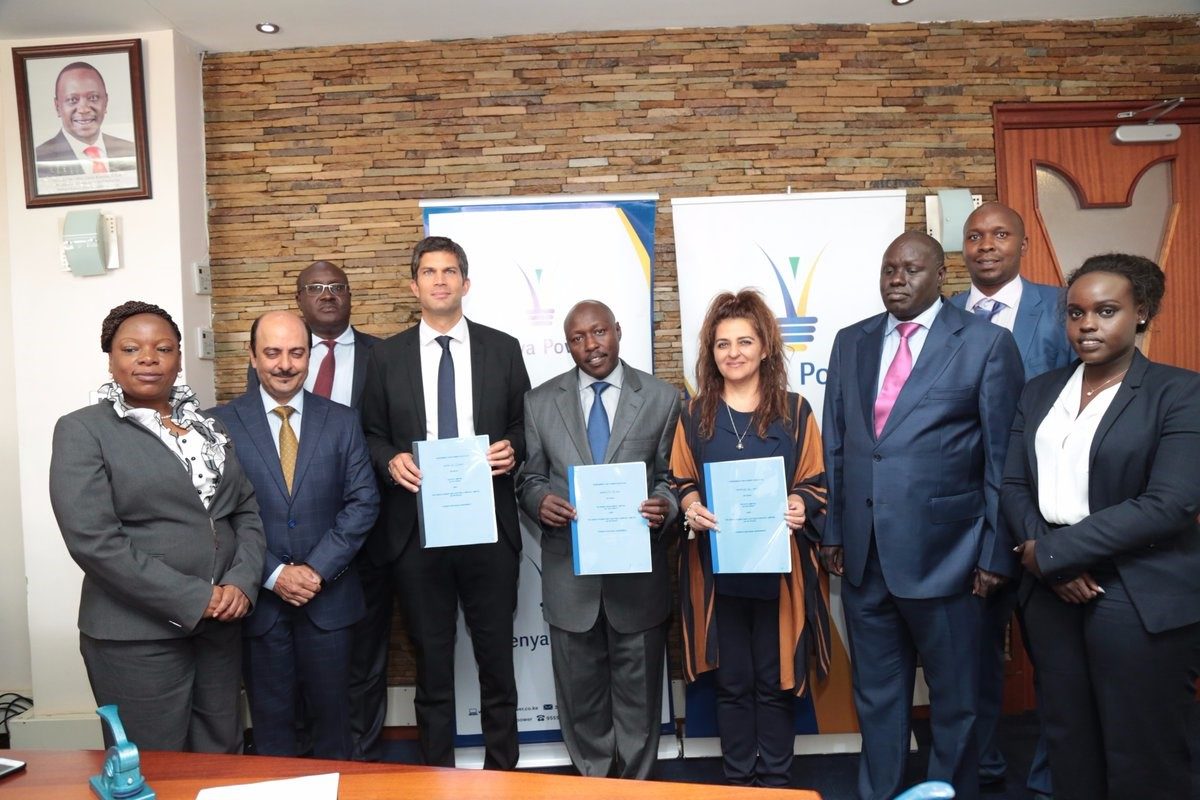Kenya Power, a utility firm that owns and operates the majority of the electricity transmission and distribution lines in the country, and sells electricity to about 4.8 million customers, signed on June 5 power purchase agreements (PPAs) for four new solar PV plants of 40 MW capacity each.
pv magazine reported that the PPAs follow the feed-in tariff (FIT) law, providing the four PV projects a tariff of $0.12 per kWh.
This is indeed the source of the controversy. The feed-in tariff law was initially introduced in 2008 and was updated last in 2012. So, the PPAs signed this month are based on a five-year-old tariff price. The government was supposed to update the FITs in 2015, but it didn't do so.
The four developers that have been awarded the PV projects are Eldosol, Radiant, Alten and Malindi Solar.
Controversial FITs
Not everyone is happy with the new PPAs. The Consumers Federation of Kenya (Cofek), which defines itself as “Kenya’s independent, self-funded, multi-sectorial, non-political and apex non-profit Federation committed to consumer protection,” and has over 115,000 followers in Twitter has accused the government of corruption.
The four PV projects, Cofek argues, come at a very high feed-in tariff and “the cost of energy is set to go even higher after the Energy Regulatory Commission (ERC) approved unsolicited independent solar power producers to politically correct individuals in government.” In other words, Cofek suggests that the PV projects were given to close allies of the government. Cofek's full view can be found via this link.
Popular content
It is true that other parts of the developing world, including African states, have seen PV tenders that led to project FITs significantly lower than Kenya's US$0.12/kWh.
Zambia for example, tendered two projects totalling 73 MW of solar PV capacity in 2016 for as little as US$0.0602 per KWh and US$0.0784 per KWh respectively.
Morocco too signed a 20-year PPA with Acwa Power last year for the development of 170 MW of solar PV plants at a rate of €0.0422 per kWh.
The Kenyan case reminds us of the recent Africa Energy Forum's debate on whether competitive tenders or directly negotiated deals are the preferred tool for developing Africa's solar potential.
Kenya is also considering introducing tenders for new solar power projects. Given the country's electricity retailers sell electricity to consumers at tariffs that reflect the real cost of electricity generation and transportation, such tenders could attract very competitive FITs.
This content is protected by copyright and may not be reused. If you want to cooperate with us and would like to reuse some of our content, please contact: editors@pv-magazine.com.


we are interested in collaborating for utility scale solar projects in West Africa as the FIT tariffs are attractive for new projects. Plse reach us at burade49@yahoo.co.uk
with the capacity to do 45mw solar plat I have land in a one of ASAL equal to 50 acres also I have an investor on stand by as soon we get PPA